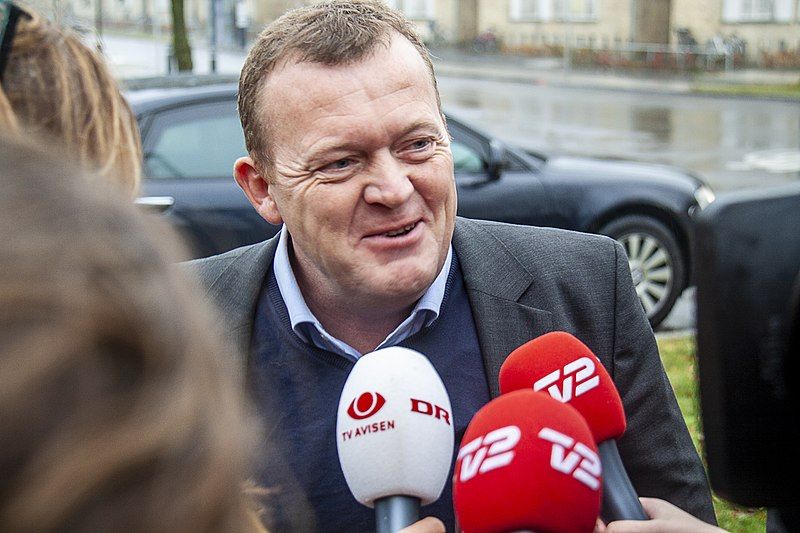Lars Løkke Rasmussen is quickly becoming the kingmaker of this general election – and very possibly the kingmaker who could become king.
Recent days have seen his party Moderaterne gain in popularity and Rasmussen increasingly dictating terms regarding who should be part of the next government.
And yesterday, he strongly indicated that the current occupants, Socialdemokratiet, should play a part – providing they are prepared to ditch their Red Bloc allies.
Radikale could be another option
“I have come to the conclusion that we need to include Socialdemokratiet,” he said.
“But a Socialdemokratiet party hooked on the left wing cannot deliver what is needed. And there we must enforce a form of stable, fixed political cooperation across that famous middle.”
Should Socialdemokratiet not be interested, perhaps Radikale might be, added Rasmussen. “Maybe you have to make do,” he said.
Extremely tight race
The comments would appear to suggest that there are three or four strong options for a majority involving Moderaterne: with Socialdemokratiet alone; with Socialdemokratiet, Venstre and Konservative; with Radikale, Venstre and Konservative; and with Radikale and the entire Blue Bloc.
According to the latest polls, the three options respectively have 32.8, 54.3, 33.3 and 48.4 percent of the vote, according to the latest Epinion poll on October 13.
Neither the traditional Blue Bloc (43.5 percent) or Red Bloc (48-49.1 percent) can currently form a majority, although other pollsters, including Gallup on Tuesday, do give the Red Bloc a majority.















